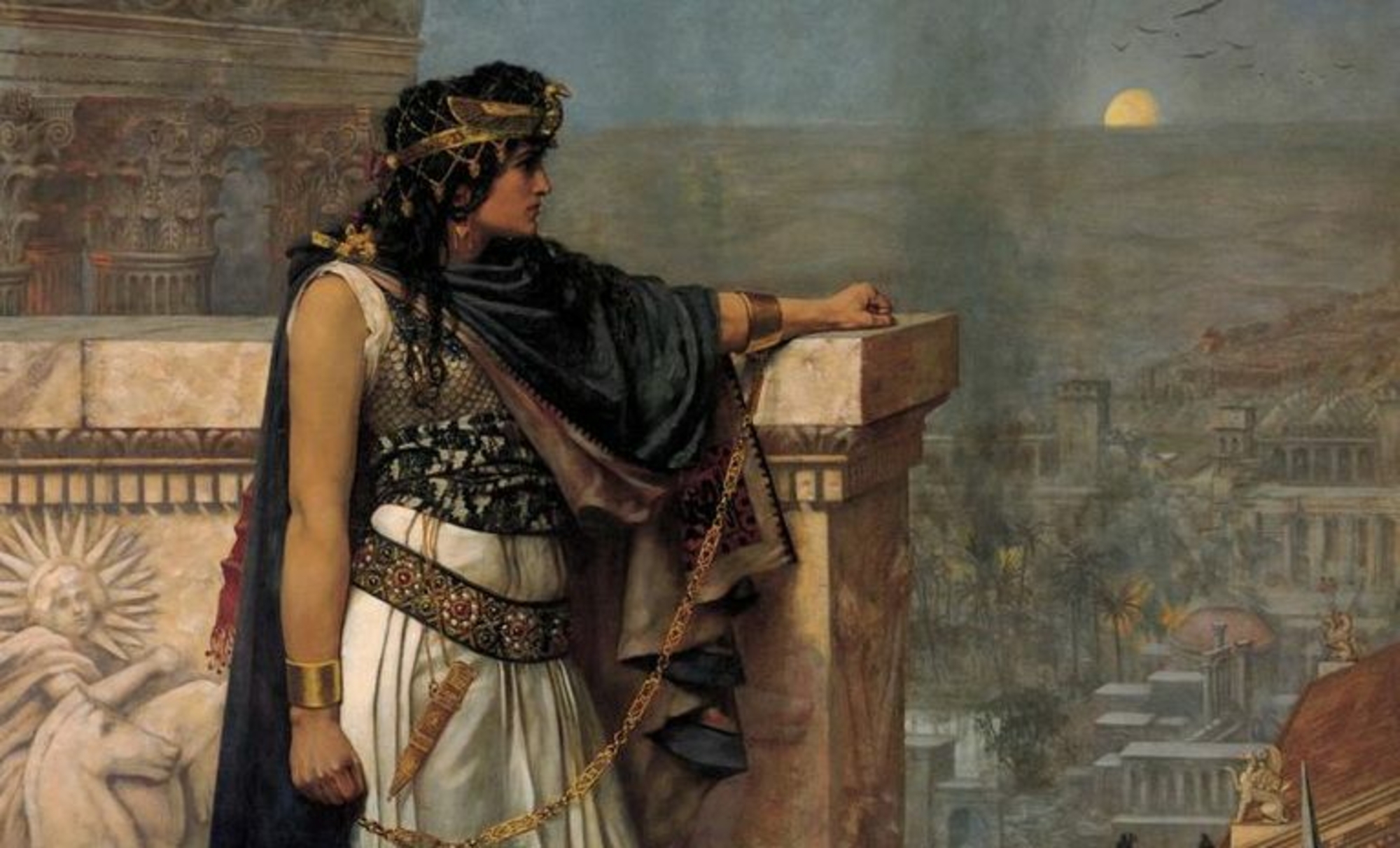- Home
- Queen Zenobia
- The conflict with Aurelian
When in September 270, Aurelian, a brilliant soldier, was proclaimed emperor by the troops of the Danube, Zenobia seems to have nourished the hope of sharing power at the head of the Empire, as had happened on several occasions in the past. Coins minted in Alexandria and Antioch clearly bear witness to this. Aurelian and Wahballath both appear on coins produced in Alexandria, the first with the imperial title (Augustus), the second with only the standard titles of dux, ”king of kings” and imperator.
Zenobia attempts to seize power
Zenobia's Roman troops in Anatolia advanced towards the straits, as she probably realised her grip on power would only be secure once she had received the recognition of the Roman Senate. Aurelian’s refusal to share power with her seems to have forced her hand and shortly after August 271, Wahballath appears alone on coins with the title Augustus and herself as Augusta. Aurelian marched against Zenobia and inflicted three defeats on her troops in 272, at Immae, between Antioch and Aleppo, at Antioch and Emesa, before Palmyra fell in the summer. The city had no ramparts and some notables had rallied to Aurelian.
Aurelian asserts his power
Zenobia fled but was caught on the banks of the Euphrates and taken to Rome to feature in Aurelian's triumph. A brief revolt the following year (273) was easily put down and the city partially looted, although a systematic fire layer does not appear in the archaeological record. The colonial institutions, which had continued to function, remained in place, and a legionary garrison was set up in the west. Ramparts were rapidly thrown up around the city.
